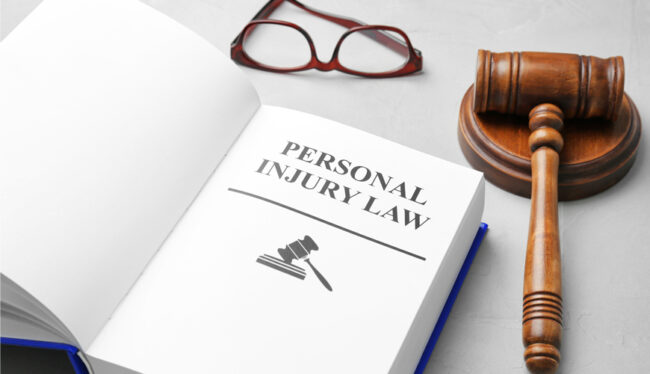Accidents and injuries can be devastating and traumatizing, and adding a personal injury lawsuit can be even more stressful.
By understanding more about the law and key terminology, you can better communicate with your attorney, and feel more comfortable and confident moving forward in your case.
Here are 6 personal injury terms we feel will help you before filing suit:
- Causation
Causation, in legal terms, refers to the relationship of cause and effect between one event or action and the result. It is the act or process that produces an effect.
In a personal injury case, one must establish causation—meaning that it’s not enough to show that the defendant was negligent. The negligence must be what caused the complainant’s injuries.
- Punitive Damages
Punitive damages are also called “exemplary damages,” which are damages assessed in the legal process to punish a defendant for negligence. The defendant is usually a company or other large entity.
- Pecuniary Damages
Pecuniary damages are simply quantifiable compensatory damages. It can be measured in financial terms, and included in most civil lawsuits. Some examples of pecuniary damages include: medical costs, lost wages, future care costs, and physical damage.
- Non-Pecuniary Damages
Non-pecuniary damages are compensatory damages that can’t be clearly quantified in monetary terms. They tend to be difficult to measure because they’re more subjective and not straightforward costs. Some examples of these damages are: pain and suffering, emotional distress, impairment of life, impairment of relationships, and impairment of physical abilities.
- Premises Liability
This is the type of law that infers damage done on an owner’s property, and that they are responsible for keeping it safe for anyone visiting.
This can pertain to a business or residential property. An example would be leaving a vicious dog unchained in a front yard, leaving a visitor susceptible to attack.
- Strict Liability
This type of liability is where you don’t have to prove intent. For instance, it is a crime to drive without a license. It does not matter if you “intended” to leave your license behind, or not.

